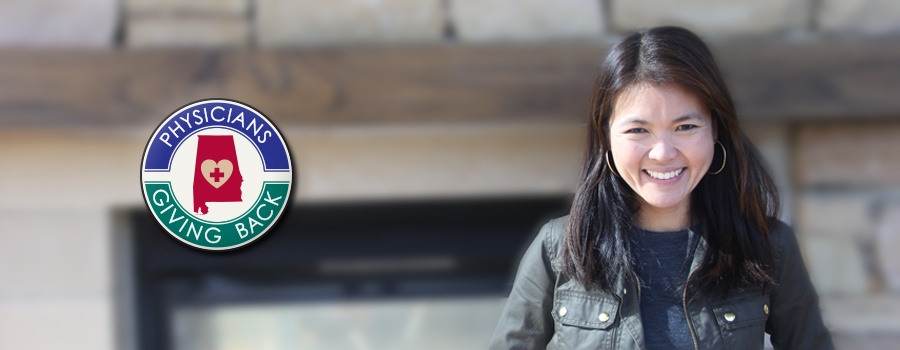Tag: autism
-

Creating a World Where Every Person Matters with Michele Kong, M.D.
BIRMINGHAM — When Michele Kong was a little girl growing up in Malaysia, she knew the world was filled with both wonder and danger. She surprised herself and her family when she managed to kill a not-so-small python that slithered into their home. She laughs now remembering the incident, but she said someone had to…